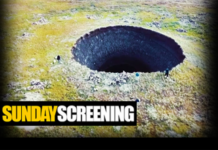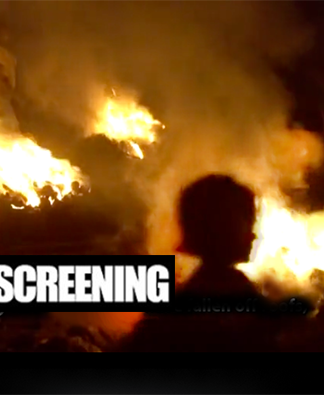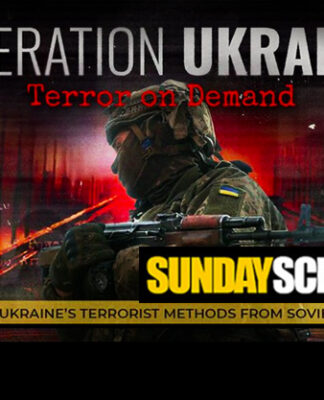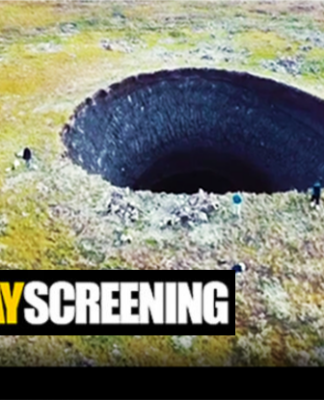Just days before the US inauguration, in his recent interview with the Times of London President-Elect Donald Trump continues to challenge a number of Washington foreign policy sacred cows, particularly neoconservative positions. He signalled a lifting of US sanctions against Russia in the spirit of cooperation in nuclear arms reductions and also to partner with Moscow in the fight radical Islamist Terror. Trump also laid into NATO calling it “obsolete”, while potentially driving a wedge between traditionally tight US-EU relations as he chastised Brussels, as well as US ally Germany and its leader Angela Merkel over her country’s immigration policy.
“They have sanctions on Russia — let’s see if we can make some good deals with Russia. For one thing, I think nuclear weapons should be way down and reduced very substantially,” said Trump.
Regarding a change in sanctions policy, Trump added, “Something can happen that a lot of people are going to benefit.”
His off-handed comments on the EU will certainly upset career Mandarin europhiles in Brussels and Berlin too: “You look at the European Union and it’s Germany. Basically a vehicle for Germany. That’s why I thought the UK was so smart in getting out.”
21WIRE’s Patrick Henningsen spoke to RT International about the policy signalling in Trump’s interview and what it means going forward. How long will his rhetorical rebellion will last and will it translate into policy?
















